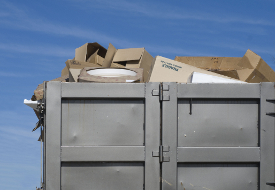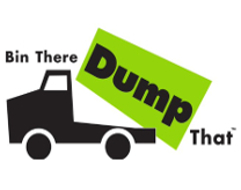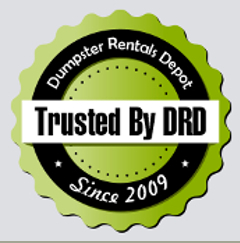Sustainable Consumption

This is where reducing your carbon footprint comes into the picture. Making purchases in ways that do not carelessly use up our natural resources or contribute to the buildup of greenhouse gases is your goal. To accomplish this mission, you most likely will have to make some changes in the way you shop, as well as rethink many of the specific items you would normally buy.
Buy Carefully and Thoughtfully
Sustainable consumption relies heavily on shoppers' ability and willingness to ask themselves questions-and answer them honestly-before plunking down cash for consumables, which are goods and services. This is thoughtful purchasing,
which is the opposite of merely buying something because you suddenly see it and want it, or because everybody else has it.
In fact, that's the first question you should ask yourself when you're shopping: Do I need this item, or do I merely want it? You can figure this out by deciding what you would do with the item, how often you'd use it, and if you already have something similar that would work just as well.
Smart shopping involves getting all the information you can about products so that you can make the greenest choice. Sometimes. that may mean buying nothing at all.
If you can't determine how you'd use something, or if you decide you would use it only a couple of times before moving on to something else, then don't buy it. The same goes for purchasing duplicates.
Remember, needing something holds more weight than wanting something
when it comes to sustainable consumption.
Wanting stuff isn't awful or off-limits when you're a green consumer, though. You just have to ask yourself a couple of extra questions. Consider why you want the item in the first place. Would having it make your life easier or happier? Will the item still be worth its initial cost after you've owned it for a week? A month? A year? If you can truthfully answer "yes" to all of these questions, then go ahead and buy the thing you desire.
Measuring the Footprint of What You Consume
Another factor you need to consider is the carbon footprint of the goods and services you purchase. To do this, trace the life cycle of a product, figuring out how it was made, how and over what distance it was shipped, and how it will be discarded once it is no longer useable. Each of these
steps has an effect on a consumable's carbon footprint.
This may seem like an overwhelming task. The Carbon Trust, a private British company working to reduce carbon emissions, estimates that it takes a team of researchers several months to gather the emissions numbers on a single product. How could you, a single consumer, calculate the carbon emissions of everything you buy or figure out how every product will decompose when it is thrown away?
The truth is, you can't. The best you can do is estimate, or take an educated guess. To make it easy, simply focus on the three factors - manufacturing, shipping, and disposal-and how much energy they consume or how many pollutants they release.
Shipping items adds to their overall carbon footprint. The more miles covered by cargo trucks used to transport products, the more carbon dioxide that is emitted into the atmosphere.
During the manufacturing process, electricity is normally consumed, which requires the burning of fossil fuels such as coal or oil. So, a long or complex manufacturing process creates a large carbon footprint. Likewise, the greater the distance traveled during shipping (which leads to carbon dioxide emissions from gasoline exhaust), the greater the carbon footprint.
As for disposal, the more processed, or changed from its natural state, an item is or the more chemicals that are used to create it, the greater the chance it will release toxic gases as it decomposes.
Blog Moderators Note:
Taking a moment we would like to thank
Seattle Dumpster Rentals
,
Phoenix Dumpster Rentals
and
Boston Dumpster Rentals
for their contribution to our environment protection initiatives.
- Published: 2013-05-25T06:10:24-07:00
- Author: Anna Krupp, Dumpsters & Roll Off Container Consultant




